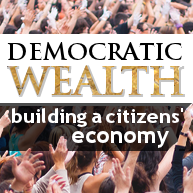
Democratic wealth: Exploring ideas for a citizens’ economy
Could republicanism provide the model for a political economy that belongs to us all and works for the common good? OurKingdom and Politics in Spires’ new series explores this question, introduced here by its editor.
The past two decades or so have seen a renewal of interest within academic political theory in something, or some things, called ‘republicanism’. As a tradition (or set of traditions) within political theory, republicanism is not going to give us a direct handle on, say, the details of monetary and fiscal policy. But it can perhaps provide a constructive basis for thinking about what we fundamentally want from an economic order and about some of the institutions or approaches that will promote these goals.
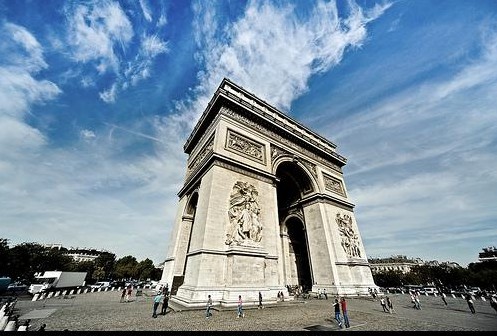
Crisis on the Left: The problem of liberalism in France is the state’s lack of introspection
The Anglo-Saxon understanding of ‘liberalism’ can be contrasted with the continental European understanding of the term, especially the French one. The liberal tradition in the United Kingdom or the United States refers to ‘social-liberalism’. In France, liberalism is often associated with the Anglo-Saxon conception of ‘economic-liberalism’ involving deregulation and a free market economy, which are, to an extent, alien to French views of the state and the economy. But liberalism is more than free market capitalism; it also relates to the role of the state.
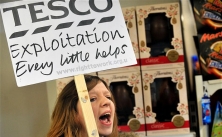
What Do We Owe to Each Other? Welfare, Conditionality and the Left
Barely a week passes these days in the UK without a new story and controversy over the Coalition government’s changes and cuts to welfare. One controversial feature is what policy wonks call ‘conditionality’: making eligibility conditional on some prescribed activity (usually) related to work. Most controversial is ‘workfare’: requirements that benefit recipients work full-time while receiving benefits rather than a wage. Many have compared workfare, in this sense, to slavery.
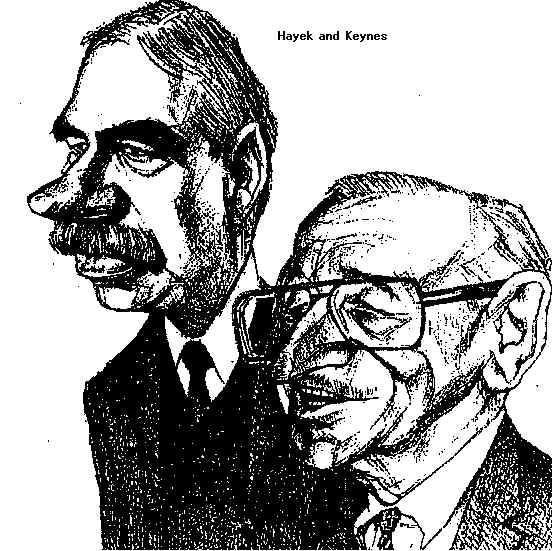
Contemporary British Politics and the Phenomenon of the Guru
What do John Maynard Keynes, Michael Young, Thomas Balogh, Friedrich von Hayek, Milton Friedman, Eric Hobsbawm, Anthony Giddens, Phillip Blond, Tim Soutphommasane and Michael Sandel have in common? Apart from them all being intellectual men, they were, at one time or another, recognised, often by everybody except themselves, as ‘gurus’.
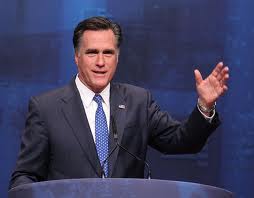
Romney’s 47% and What it Reveals About the American Right
Aside from cementing Obama’s tenuous lead (Silver now puts Obama’s chances at above 80%), Mitt Romney’s ‘47% gaffe’ also proved unexpectedly useful, if vexing, for conservatives.

The Loneliness of a Moderate Muslim
I am a Muslim and I condemn the rampant and widespread violent protests over a badly made anti-Islamic film. I believe one needs to have a very high bar when it comes to getting offended. If everything is offensive to you, then it is perceived that something is wrong with you. The Indian government proved it recently with its tantrum against cartoonist Aseem Trivedi’s mediocre caricatures. Now a section of radical Muslims is proving it over an insignificant film. I saw “Innocence of Muslims” a couple of days ago on YouTube. It is a laughable attempt at insulting Muslims and sooner rather than later would have met its fate at the hands of a Ricky Gervais or a Jay Leno. …

Field Research in the Middle East
Year after year, students opt to enroll in programs focusing on the Middle East, and some of those students may also decide to visit the region for research—to gather accurate data, to conduct interviews, or to look for primary sources. Research on Middle Eastern issues has been conducted extensively since the beginning of this century. The 9/11 attacks sparked renewed interest in the Middle East, resulting in a series of research projects on topics such as security, religion, democracy, and development-related topics in this region. The on-going Arab uprisings and widespread turmoil in the Middle East have given these historical events a new intensity. Therefore, it is likely that the Middle East will continue to occupy a focal point of …
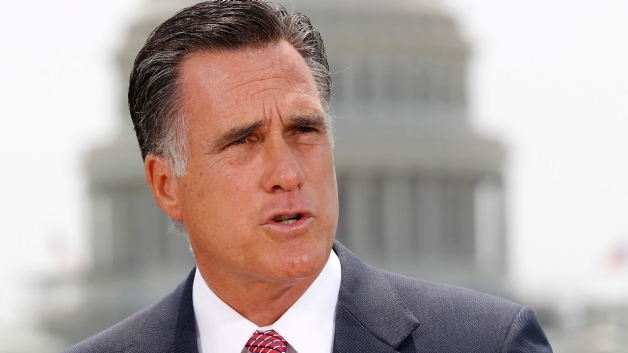
Forward to the Past: The Ideology of Romney’s Republicanism
‘President Obama has said that he wants to transform America. I don’t want to transform America; I want to restore the values of economic freedom, opportunity, and small government that have made this nation the leader it is.’ (4 April 2012, Remarks to the Newspaper Association of America) It is less than a hundred days until the election for the most powerful political office in the world, the President of the United States of America. The November election ‘will be a defining event’. Not said by the usual peddlers of political commentary and punditry, but by the Republican nominee for President, Mitt Romney. The US election of 2008 was monumental and arguably constituted a dramatic turning point in the political history …









